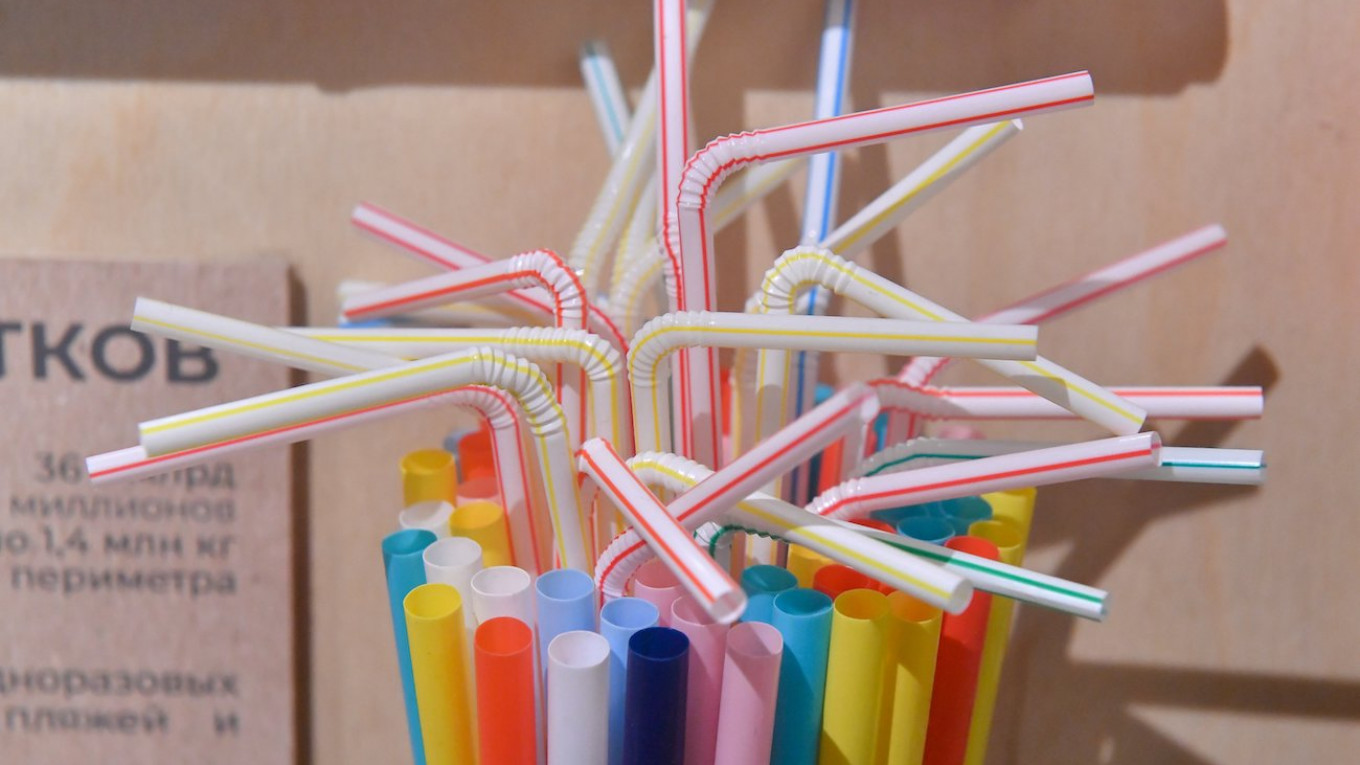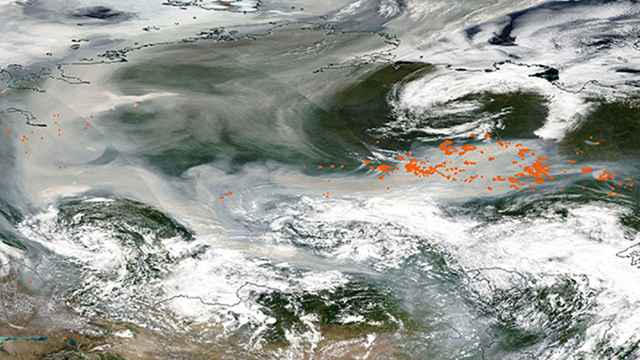The Russian government is working on amendments to legislation that could ban the production of non-recyclable plastic materials in Russia, Deputy Prime Minister Viktoria Abramchenko said at the 9th Nevsky International Ecological Congress in St. Petersburg.
New measures will provide Russian businessmen with opportunities to adapt and adjust their manufacturing, the government claimed. But some lawmakers and businessmen told the Kommersant news outlet that the ban might cause prices to spike due to the country’s under-developed recycling capabilities and lack of viable alternatives to plastic on the market.
Abramchenko told the audience on Friday that the ban would cover plastic materials that are exceptionally hard or impossible to recycle, such as single-use dishware, cotton swabs, plastic straws, colored plastic, and similar materials. This fall the government plans to introduce necessary amendments to the law in the State Duma, Russia’s main legislative body.
The overwhelming majority of Russians support a ban on plastic, according to a survey by Superjob, conducted in March. Of those polled, 42% are “absolutely ready” to go off plastic dishware and 40% are “mostly ready.” Just 4% are “definitely not ready” and 14% are “mostly not ready.”
At the same time, the government plans to produce more plastics from recycled materials. The goal is to put 50% of all recyclable waste from construction, manufacturing, and agriculture into making new plastics, thus shrinking Russia’s landfills by 50% by 2030, Abramckenko said.
Despite widespread public support for reducing waste, Russian landfills are growing. If all the solid waste in Russia was combined, it would fill 131,900 square kilometers, which is roughly equal to the square footage of Greece, said Svetlana Radionova, head of state environmental protection watchdog Rosprirodnadzor. Russian recycling facilities are too small and cannot cope with the growing scale of pollution, Radionova Said.
The European Union, Russia’s biggest trade partner, introduced a similar plastic ban in April 2021. Canada, the U.K.,China, and parts of the U.S. have also introduced measures that ban all or some non-recyclable plastic.
Plastic materials are a major pollutant, causing lasting damage to Earth’s ecosystems by contaminating generations of animals, plants, and other forms of life. Plastic products accelerate climate change throughout their lifecycle. Plastic production is linked to carbon emissions. After it is thrown away, plastic can find its way into the oceans to mix with plankton, limiting the oceans’ capacity to absorb greenhouse gases, which could also accelerate the climate crisis.






